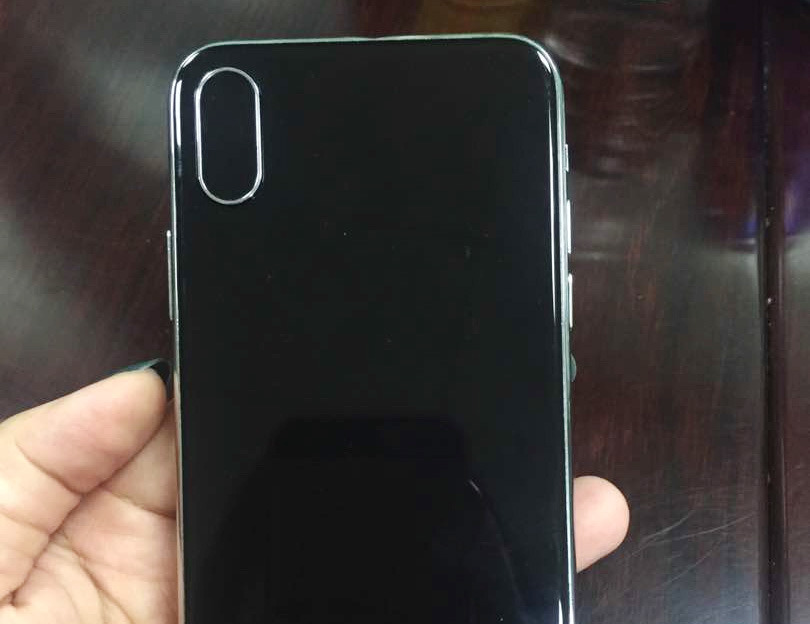Although Apple already has access to Qualcomm modems with gigabit download speeds, it won't enable that bandwidth in upcoming iPhones due to its use of Intel chips as well, according to a report.
Intel is working on gigabit-capable modems, but they won't be ready in time for the "iPhone 8" and "7s" this fall, Bloomberg sources said on Friday. As with the iPhone 7, Apple is expected to use a split of Qualcomm and Intel modems, but throttle the performance of the Qualcomm parts to keep experiences consistent across devices.
Earlier this month a report claimed that Apple is shifting to a 50-50 mix of Qualcomm and Intel.
Apple could in theory return to using Qualcomm as an exclusive supplier, but the two businesses are locked in an intense legal battle over royalties. Apple has accused Qualcomm of withholding money, abusing its market dominance, and forcing chip buyers to sign licensing agreements.
Rival phones with gigabit speeds are already on the market, such as the Samsung Galaxy S8 and the HTC U11. Reduced bandwidth is unlikely to have any major impact on iPhone buyers this year, however — 1 gigabit per second is the theoretical maximum of LTE Advanced and extremely rare, requiring perfect conditions, including compatible towers. It may become an issue as LTE-A becomes more commonplace and the industry eventually migrates to 5G technology.
 Roger Fingas
Roger Fingas








 Charles Martin
Charles Martin
 Malcolm Owen
Malcolm Owen
 William Gallagher
William Gallagher

 Christine McKee
Christine McKee
 Wesley Hilliard
Wesley Hilliard

 Andrew Orr
Andrew Orr







54 Comments
What countries, carriers, cities, and specific locations even offer those kind of speeds if they were using Qualcomm's best radios in the iPhone?
Bottom line: Does this actually affect anyone's bandwidth?
Stupid analysts who haven't the faintest idea how this will (actually won't) work clobbered AAPL today. Just because Qualcomm has the ability to produce speeds like this in perfect conditions over short distances, doesn't mean anyone will get these speeds any time soon. Until there are cell towers every half mile (or closer depending on terrain), nobody will see these speeds. I am lucky to get 1 dot at my house and I doubt Verizon is going to install (or be allowed to install) new towers or even better gear on the existing towers. Give it another 5 years and maybe the infrastructure will be there but I wouldn't even bet on it happening then.
I don't live in an overcrowded metropolis, which also won't see these speeds even with the proper gear because there will be too many users.
Unverified reports about an unannounce phone claim Apple won't be able produce by an unannounced date.
Having stronger horses pulling slow cart. You ain't going go to faster. It's fact that 1GB wireless speed capability on phone has no advantage because cell networks are not able to support more than 300MB in real world usage scenarios. True 5G networks won't be in full swing until 2020.